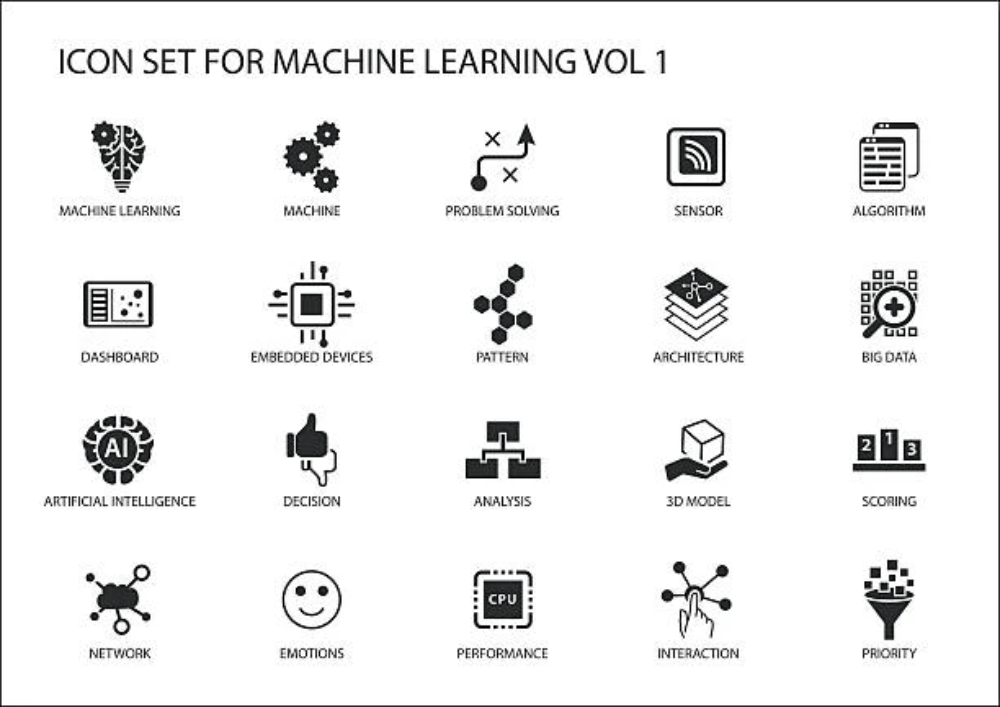
Machine learning is the study of machine codes that can improve automatically with experience and also by the application of external data. Generally, it is regarded as a sub-field of artificial intelligence. This type of learning includes both online and offline learning opportunities. An entrepreneur may benefit from an online course from his data or may need to gather external data and then process them to create an improved online offering. Offline, this form of learning can be applied in various industries such as marketing to improve customer service. Click here to read about these DevOps tools.
There are many challenges associated with these types of business applications and methods. The major challenge lies in the training of the models that represent business rules to make those rules become self-adjusting in the face of external variables and trends in the real world. Challenges also include problems associated with artificial intelligence and the implementation of the necessary steps for the development of those models. The first challenge is to understand the statistical distributions of inputs and the subsequent challenge lies in developing a suitable model that explains the data better than the human intervention.
Learning in this direction relies heavily on predictive analytics algorithms. This is usually implemented through the support of databases containing large volumes of real-world examples. However, the challenge lies in the fact that when applying this technique there are two main alternatives: one is the manual approach while the other is the development of artificial intelligence that can create its own rules without the need for manual intervention. If you are wondering about What is MLOps, view here for more info.
The second challenge is particularly significant because in some industries machine learning algorithms must be tested and validated before they are released into the wild. This implies a major investment in time and money. Another key issue for many managers is whether to adopt a Bayesian statistical inference or reinforcement-based decision making. Although they both have their own merits and demerits, Bayesian decision making relies on the data gathered from the big data whereas reinforcement-based is based on experience. Nevertheless, both of them will generate consistent results, especially for new data.
Most machine learning developers and managers are tending to go with Bayesian classification. They apply this method by taking into account both prior knowledge as well as explanatory variables and then make a posterior probability estimation. On the other hand, a reinforcement-based algorithm requires prior knowledge of a specific problem and a predictive analytics algorithm. Once the problem is known, an optimal solution is formulated by using the information gathered by the predictive analytics algorithm.
Another significant factor affecting the adoption of machine learning methods is the question of the trustworthiness of the source of the artificial intelligence network. Many artificial intelligence researchers are self-proclaimed experts and are willing to share their work for higher pay. Critics state that it is a double-edged sword whereby those who are in the business of developing software may create biased decision-making scripts and even worse, sell the patented solutions to the highest bidder. There is also the risk of releasing software bugs or producing substandard products if they are not closely supervised. It all boils down to the need for effective mentors who can be trusted to guide and direct the developers. Check out this related post to get more enlightened on the topic: https://en.wikipedia.org/wiki/Machine_learning.